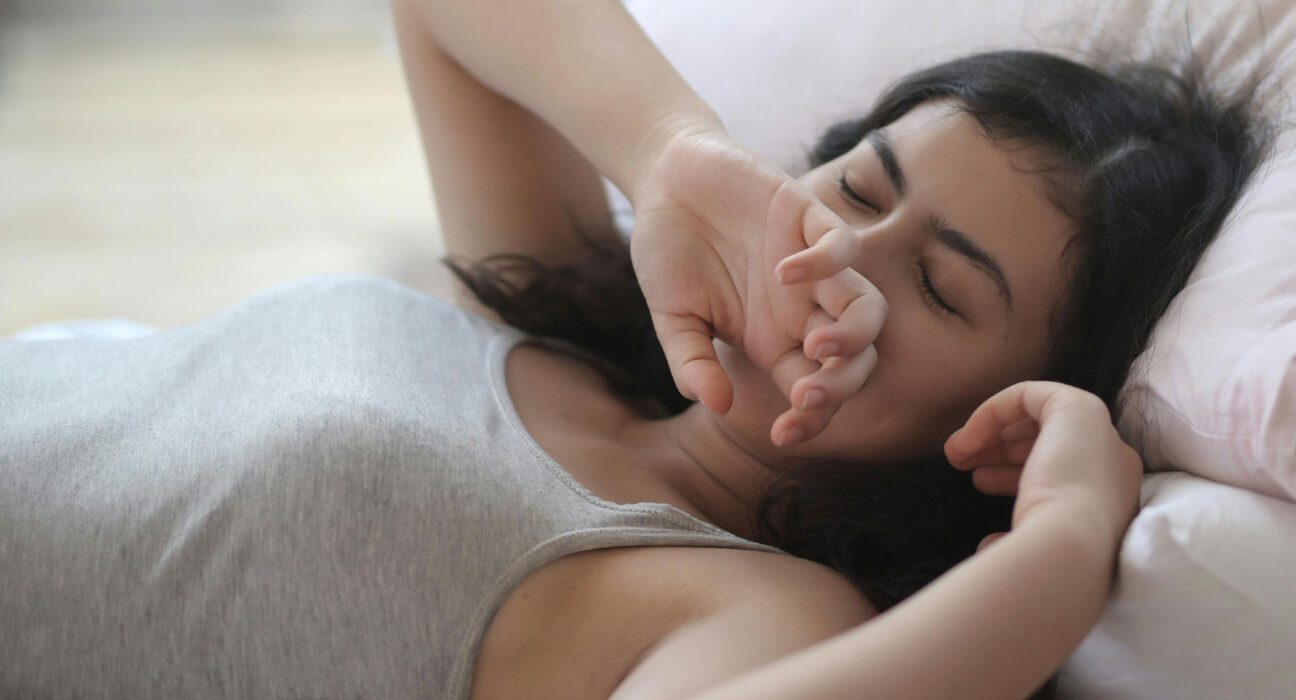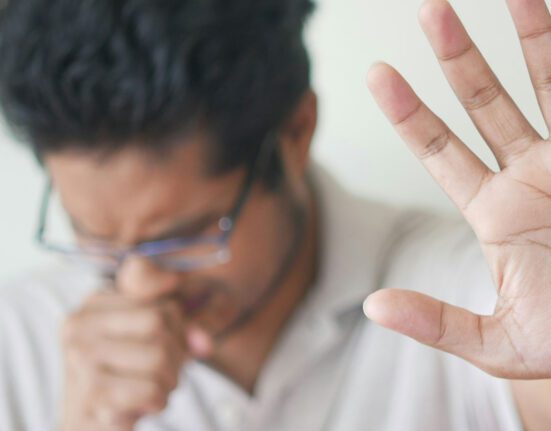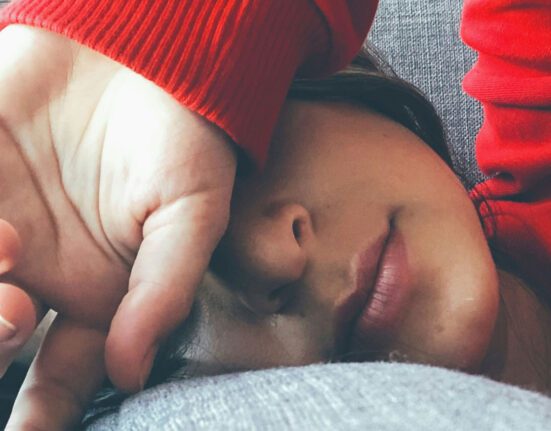Night Sweats. What is it?

What is it?
Night sweats refer to episodes of excessive sweating during sleep that can drench clothes and bedding, disrupting sleep patterns and causing discomfort. In Long COVID, night sweats often occur as part of a cluster of symptoms, including feverish sensations, chills, and general malaise, contributing to the overall burden of the condition.
The frequency and intensity of night sweats can vary widely among individuals with Long COVID, with some experiencing occasional episodes and others facing nightly disruptions. Understanding the patterns and triggers of night sweats is crucial for developing effective management strategies.
Impact on Daily Life:
The presence of night sweats in Long COVID can significantly impact quality of life, leading to disrupted sleep, fatigue, and heightened emotional distress. Sleep disturbances due to night sweats can contribute to ongoing fatigue and cognitive difficulties, further complicating the recovery process.
Individuals dealing with night sweats may also experience social and psychological challenges, such as isolation, anxiety, and mood disturbances, as they navigate the unpredictable nature of this symptom. Addressing the impact of night sweats on daily life is essential for holistic management and support.
Night sweats are a significant symptom experienced by many individuals dealing with Long COVID, adding to the array of challenges faced during recovery.
Long Covid The Answers
Relief:
Managing night sweats in Long COVID requires a multifaceted approach aimed at reducing episodes, improving sleep quality, and enhancing overall well-being. Some effective strategies include:
- Temperature Regulation: Create a comfortable sleep environment by adjusting room temperature, using breathable bedding, and wearing moisture-wicking sleepwear.
- Hydration: Stay adequately hydrated throughout the day to help regulate body temperature and reduce the severity of night sweats.
- Stress Management: Practice relaxation techniques such as deep breathing, meditation, or yoga to reduce stress levels, which can exacerbate night sweats.
- Medication: In some cases, healthcare providers may recommend medications or supplements to address underlying causes of night sweats, such as hormonal imbalances or inflammation.
- Sleep Hygiene: Maintain consistent sleep schedules, limit caffeine and alcohol intake before bedtime, and create a calming bedtime routine to improve sleep quality.
- Consultation: Consult with healthcare professionals for personalized guidance and recommendations tailored to your specific needs and medical history.
For additional resources and support related to night sweats and Long COVID, refer to reputable organizations, healthcare providers, and online communities dedicated to post-COVID care and recovery.
Credible Sources of Information:
Coming Soon








